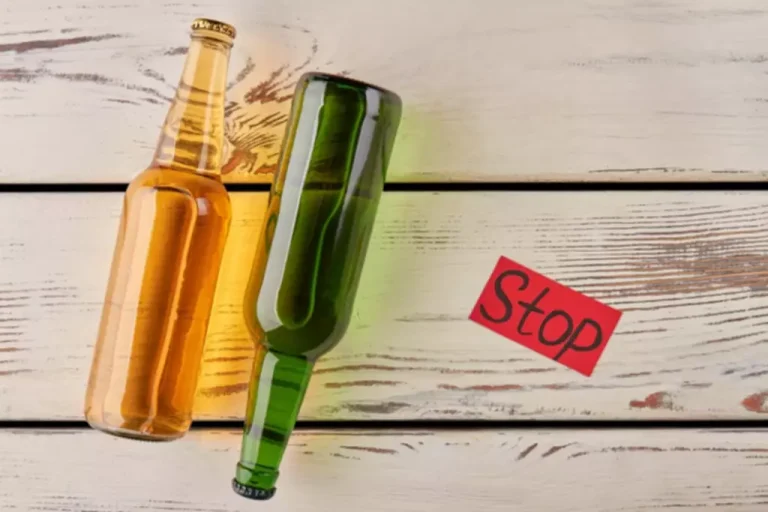
From the physical to the emotional, the path to sobriety reshapes your relationships, mental health, and overall well-being. It’s a commitment to personal growth and freedom that requires dedication, support, and the right therapeutic interventions. Remember, sobriety isn’t a destination but a journey of continuous self-discovery and improvement. With each step, you’ll find yourself enjoying clearer thoughts, healthier relationships, and a deeper sense of control over your life. Embrace this journey with an open heart and mind, and watch as your world transforms into one filled with possibilities, health, and happiness.
Why Aren’t You Drinking? 10 Confident Responses to This Common Question

Despite these obstacles, sobriety can bring many positive changes and ultimately lead to a healthier life. Research indicates that continuing toxic relationships can put your recovery at risk and being sober around drinkers increase the likelihood of relapse. Excessive guilt and shame can become incredibly toxic and, if not addressed, can potentially lead to relapse.

Avoid Old Routines and Habits
- You can expect certain alcohol withdrawal symptoms such as sleep disruption to occur, though some people can experience seizures and other severe symptoms.
- Once you get sober, you must establish your boundaries with relationships, environments, and things.
- Regular check-ups allow for dosage adjustments, monitoring of side effects, and assessment of overall treatment efficacy.
- Walking helps clear your head, increase circulation, and promote better heart health overall.
- Another relapse prevention tool is the power of forgiveness.
Along with these benefits, 12-Step programs and other forms of mutual-help groups can increase the likelihood of achieving and maintaining recovery from substance misuse. Research from the Department of Veterans Affairs demonstrates that people who participate in 12-Step programs tend to have better outcomes than those who don’t. For most, detox is not enough to maintain sobriety. It is generally the first step in a more comprehensive treatment plan.
What percentage of people who get sober stay sober?
Medical support can help keep you safe and as comfortable as possible during the detox process. In early sobriety, emotions can feel overwhelming and unpredictable. This is partly due to the brain’s chemical imbalance as it adjusts to functioning without substances. Additionally, years of relying on alcohol or drugs to cope with difficult emotions leave many individuals ill-equipped to handle these feelings sober. The path to sobriety is paved with significant physical challenges. These obstacles stem from the profound changes that substance abuse inflicts on the body and brain.
- Having a conversation triggers parts of your brain you don’t access when you’re thinking about something on your own.
- I’ve experienced several remarkable benefits of prayer journaling in recovery.
- Time and time again, God has delivered me from dark situations and forgotten corners.
- It’s crucial in recovery as it helps maintain balance and prevent burnout.
- You can try to avoid the conversation, but it’s good to have a response ready in case that’s not possible.
Everyday, write down 5 things you’re grateful for that day. It can be anything, from your loving family, to the air you’re breathing. At the same time, make sure you’re not lying to yourself. If what you’re doing doesn’t work, then you have to take massive action to change. You can take advice and seek out support, but ultimately you need to be responsible for your own recovery.
From casual happy hours to holiday celebrations, alcohol is deeply ingrained in many social rituals. The psychological aspect of sobriety presents a complex web of challenges that intertwine with the physical hurdles. These mental obstacles often prove to be the most persistent and require ongoing effort to overcome. The process of neuroplasticity – the brain’s ability to form new neural connections – plays a crucial role in recovery.

It’s a stark reminder that sobriety is not just about willpower but also about giving the brain time to heal and reestablish healthy neural pathways. Setting boundaries is essential for protecting your sobriety during the holidays. Don’t hesitate to say “no” to situations that feel overwhelming or compromise your recovery. It might also mean saying no to events, limiting your time with certain family members, or having an exit strategy if you feel triggered. Financial hardships, difficulty finding employment, and social isolation can all be strong triggers for relapse. Making sure to stay connected with a strong support system is crucial to overcoming these obstacles.

Nejnovější komentáře